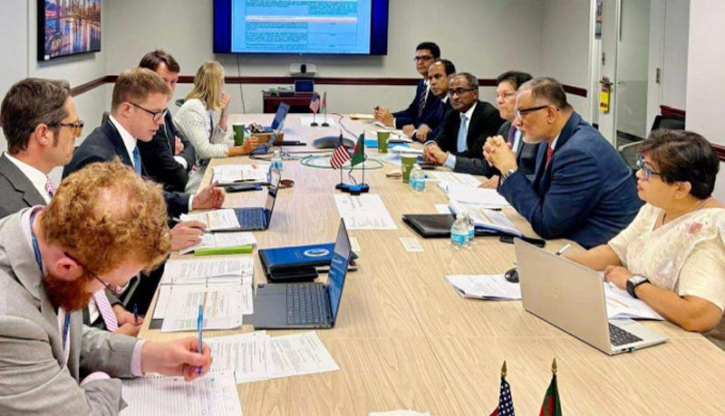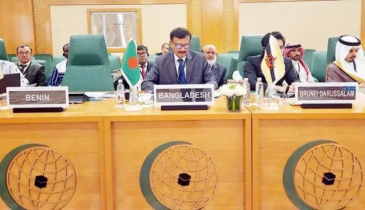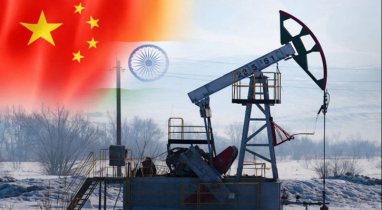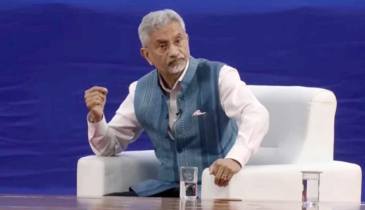US indicates positive response on reducing tariffs on Bangladesh

The United States has shown a positive stance toward reducing the recently imposed 35% reciprocal tariff on Bangladeshi exports, raising hopes for a breakthrough in ongoing trade negotiations. Commerce Secretary Mahbubur Rahman confirmed the development early Tuesday morning (30 July), following high-level discussions in Washington.
Bangladesh's commerce secretary said, “We had a very productive meeting with officials from the United States Trade Representative (USTR) on 29 July. They indicated that tariff reductions are likely, although we cannot yet specify by how much. Discussions are continuing today and tomorrow, and we are optimistic about a favorable outcome for Bangladesh.”
The current round of talks—marking the third phase of negotiations between the two countries on tariff issues—began at 3:30 am Bangladesh time and concluded later in the day. Bangladesh’s delegation includes Commerce Adviser Sheikh Bashir Uddin, National Security Adviser Dr Khalilur Rahman, Commerce Secretary Mahbubur Rahman, and Additional Secretary Dr Nazneen Kawshar Chowdhury. On the US side, Assistant Trade Representative Brendan Lynch is leading the team, supported by senior officials specializing in trade and tariff policy.
The talks come after US President Donald Trump, on 7 July, announced sweeping tariff measures through his social media platform Truth Social, targeting imports from 14 countries, including Bangladesh, with duties ranging between 25% and 40%. For Bangladesh, a 35% tariff was scheduled to take effect on 1 August, as outlined in a letter sent directly to Chief Adviser Muhammad Yunus.
The tariff hike had raised concerns among Bangladeshi exporters, particularly in the ready-made garment sector, which forms the backbone of the country’s economy. Industry leaders warned that such a steep tariff would undermine competitiveness, risk factory closures, and potentially lead to job losses for millions of workers.
.png)









